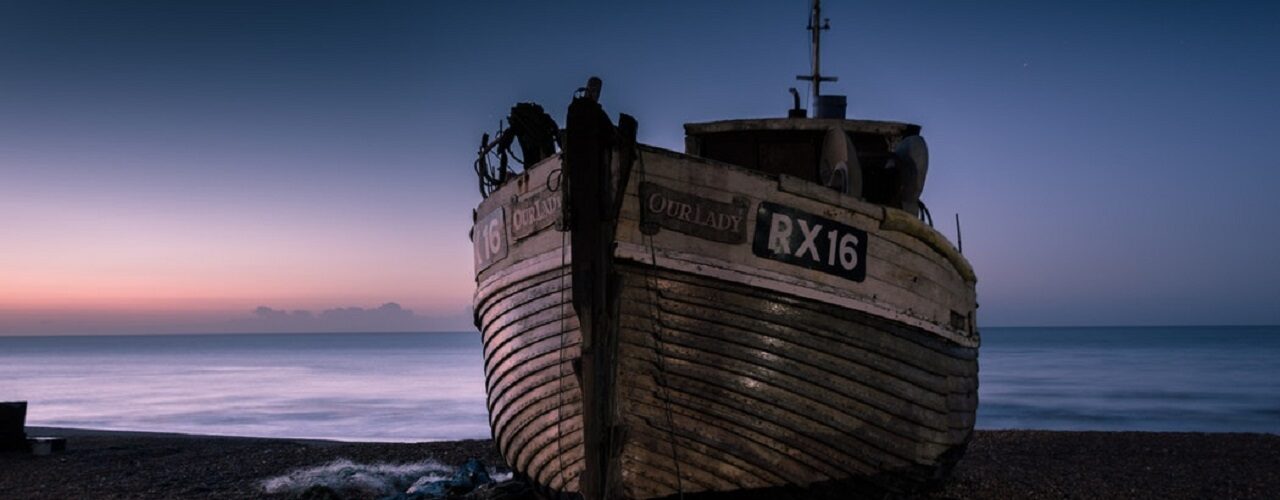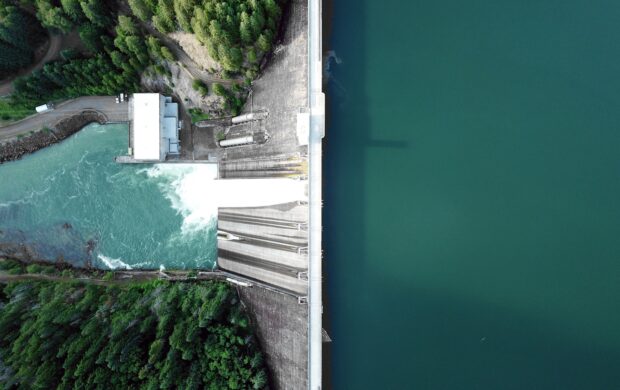Human conflict over the planet’s finite resources has been an unfortunate constant throughout history.

Another example of this conflict has emerged after French and British boats clashed off the coast of Normandy after French fishermen protested against their counterparts fishing in an area with depleting scallop stocks.
Although British boats can gather scallops all year round and were there legally, French law has limited scallop fishing season from 1 October to 15 May for reasons of sustainability. The French fishermen view this as a disadvantage as well as an added stress to an ecosystem already at risk. A 2016 report by the International Council for the Exploration of the Sea (ICES) highlighted that fishing in the area was “too high”.
It all came to a head when about forty French boats attempted to stop five larger British boats from fishing 12 nautical miles off the coast of Normandy. Boats, collided, stones and other projectiles were thrown and flares were fired but there were no serious injuries suffered.
The UK government will enter talks with France to resolve the issue and calm tensions in the area. With Brexit looming, the French hope that the UK’s withdrawal from the Common Fisheries Policy will prevent them from being allowed into the area.










